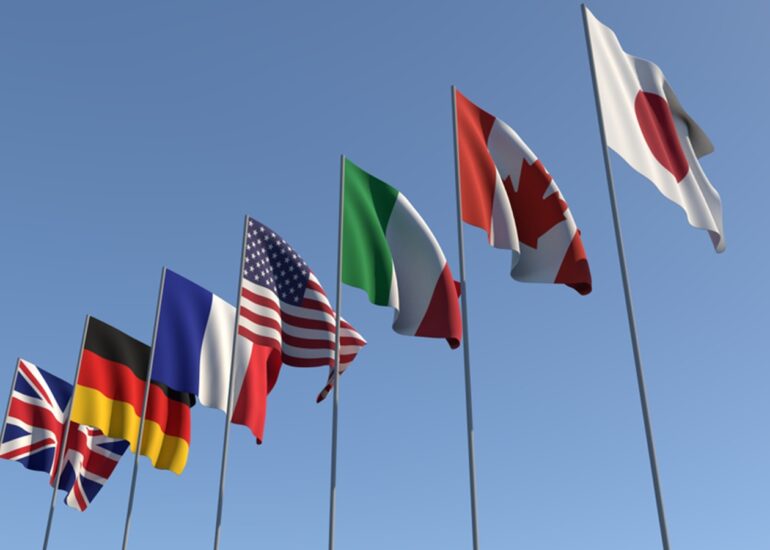TL;DR:
- G7 countries to unveil a comprehensive AI code of conduct.
- The code emphasizes 11 key principles for safe and trustworthy AI development.
- Transparency, security, and responsible AI use are core tenets of the code.
- G7 nations, including the EU, are committed to promoting responsible AI practices.
- This initiative aligns with global efforts to regulate AI, including the EU AI Act and the UN advisory committee.
- OpenAI plans to establish a dedicated “preparedness” team to assess AI-related risks.
Main AI News:
In a significant move aimed at advancing the responsible development of artificial intelligence (AI), the Group of Seven (G7) industrial nations are gearing up to unveil a comprehensive AI code of conduct. Scheduled for release on October 30, this strategic framework, as reported by Reuters, comprises 11 key principles, all with the overarching goal of fostering a “safe, secure, and trustworthy AI environment” while simultaneously harnessing the myriad benefits that AI promises, all the while addressing and mitigating the associated risks.
Crafted by G7 leaders in a landmark gathering in September, this code offers voluntary guidance to entities engaged in the development of cutting-edge AI systems, encompassing advanced foundation models and generative AI systems. Notably, the code also underscores the importance of transparency by advocating for organizations to make public disclosures regarding the capabilities, limitations, the responsible use and potential misuse of their AI systems. Additionally, it places significant emphasis on robust security measures for these AI systems.
The G7 countries at the forefront of this initiative include Canada, France, Germany, Italy, Japan, the United Kingdom, the United States, and the European Union. Their collective commitment to shaping the future of AI governance reflects the growing consensus on the necessity of responsible AI practices.
This milestone achievement follows the recent G7 meeting held in Hiroshima, Japan, which convened Digital and Tech Ministers on April 29 and 30. Discussions during the gathering revolved around various aspects of emerging technologies, digital infrastructure, and AI, with a dedicated agenda item focused on the imperative of responsible AI and the development of global AI governance frameworks.
The G7’s groundbreaking AI code of conduct arrives at a time when governments worldwide grapple with the dual challenges and opportunities presented by AI. The European Union took a pioneering step by introducing the EU AI Act in June, setting a precedent for comprehensive AI guidelines. Additionally, the United Nations established a 39-member advisory committee on October 26, tasked with navigating the complex landscape of global AI regulation.
In parallel, the Chinese government introduced its own AI regulations, which have been in effect since August. Recognizing the need for proactive risk assessment, OpenAI, the creator of the popular AI chatbot ChatGPT, has announced its intention to establish a dedicated “preparedness” team to evaluate a spectrum of AI-related risks.
The impending release of the G7’s AI code of conduct underscores the global commitment to responsible AI development, shaping a future where the transformative power of AI is harnessed responsibly and ethically.
Conclusion:
The introduction of the G7’s AI code of conduct signifies a pivotal moment in the AI industry. It underscores a collective commitment to responsible AI development among leading nations and regions. This proactive approach aligns with ongoing global efforts to regulate AI, setting the stage for a more transparent, secure, and ethically driven AI market. Businesses should take note of these developments and consider how they can align their AI strategies with the emerging standards of responsible AI governance.

